This Plus This
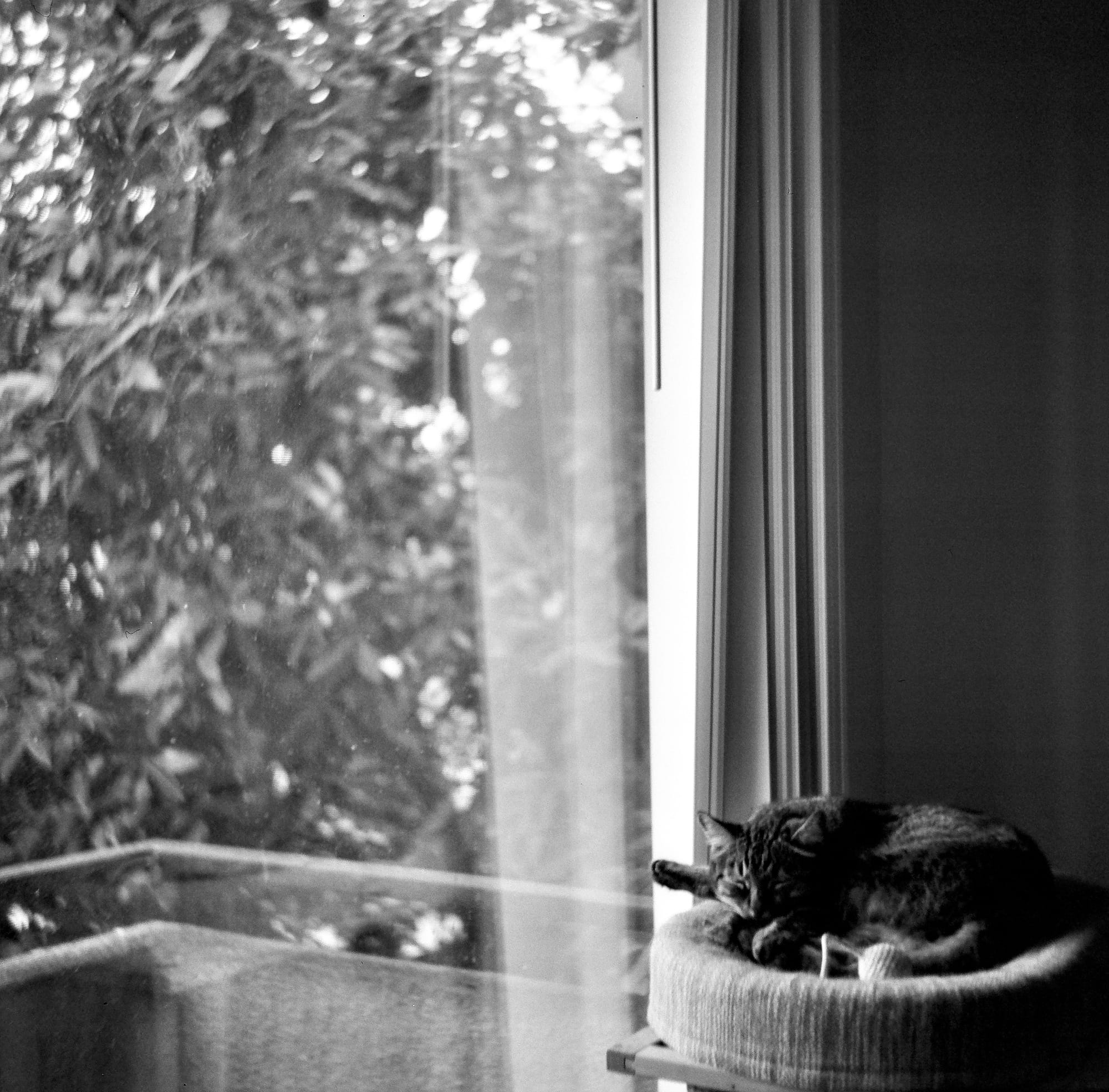
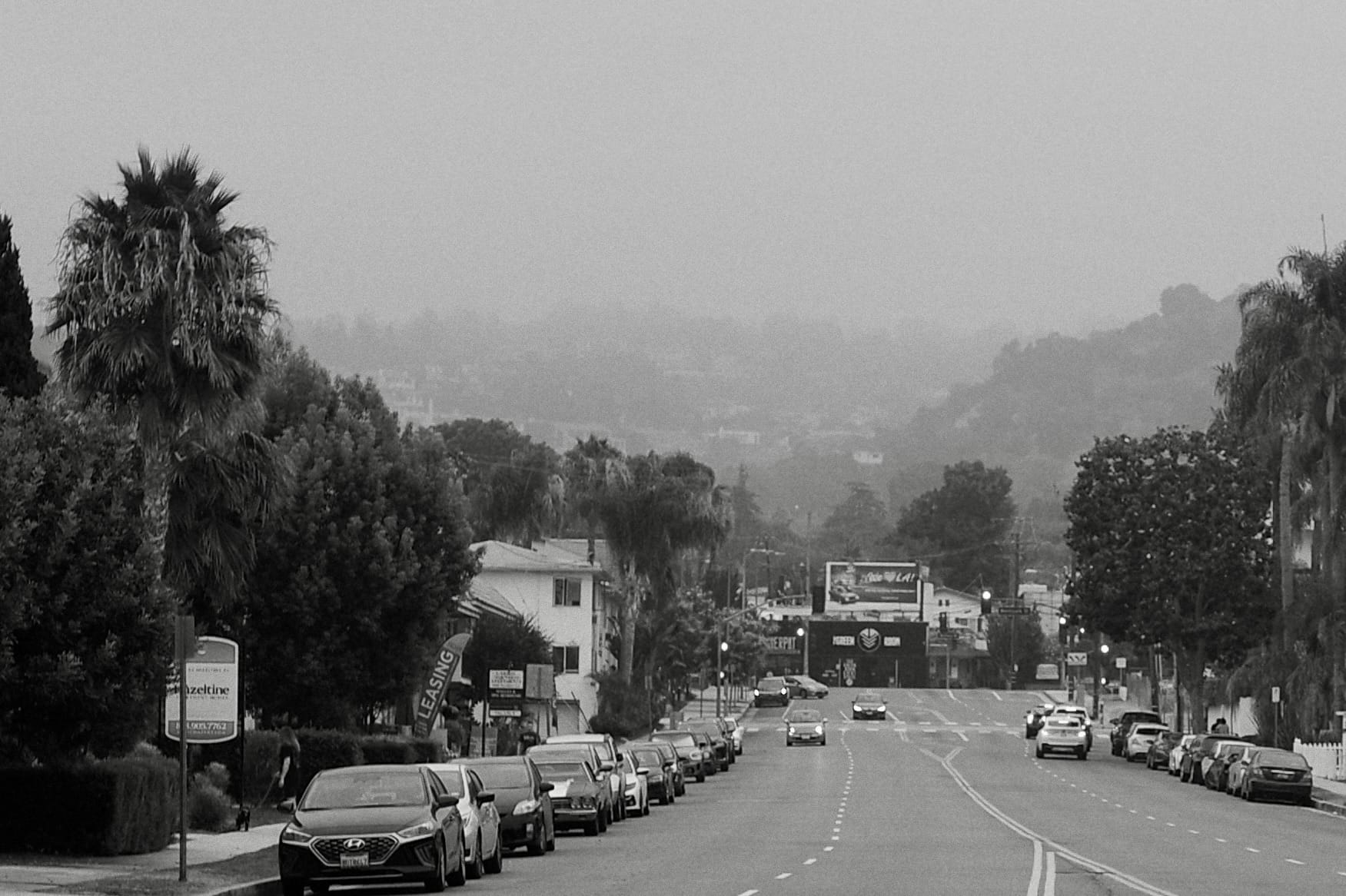
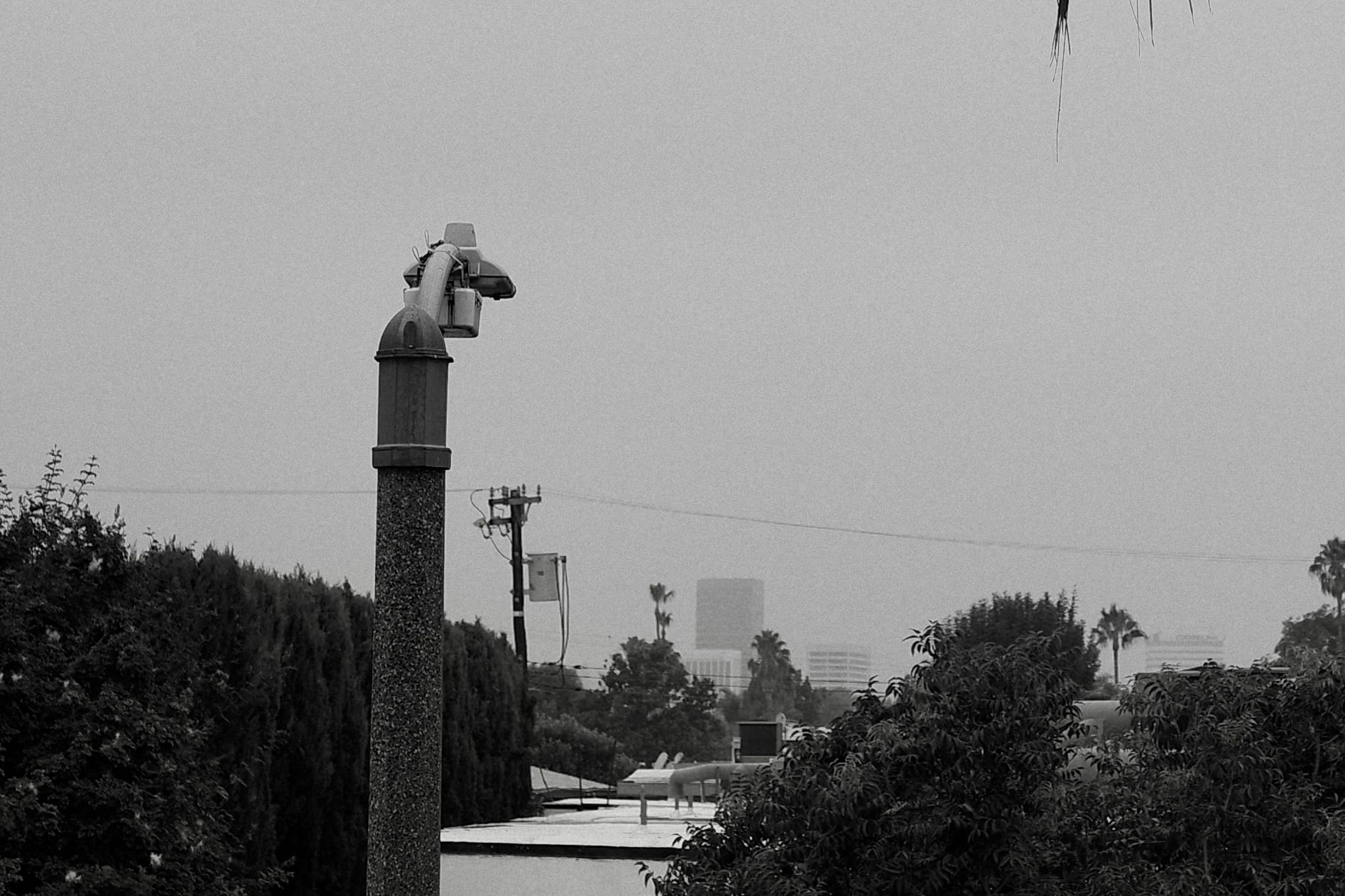
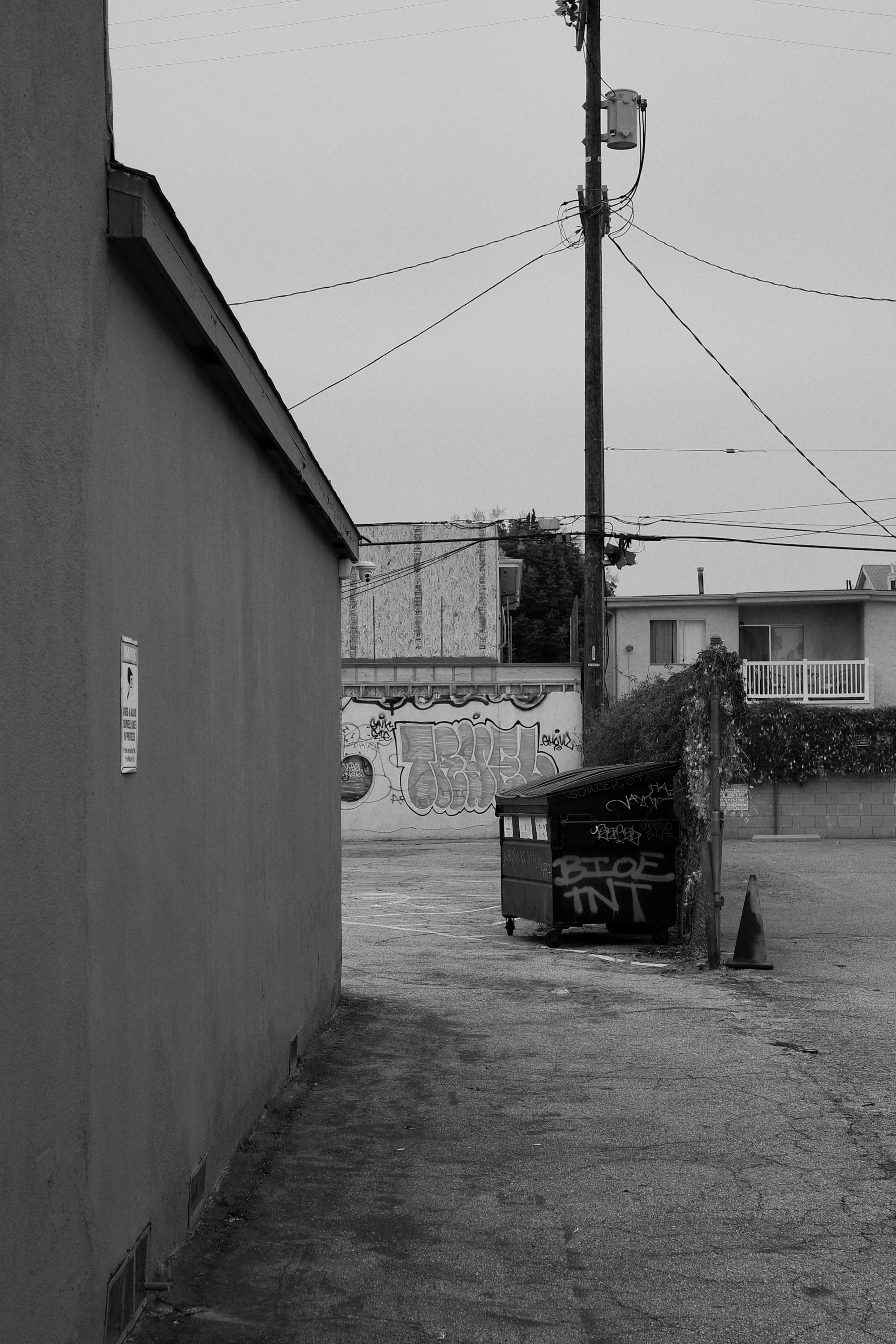
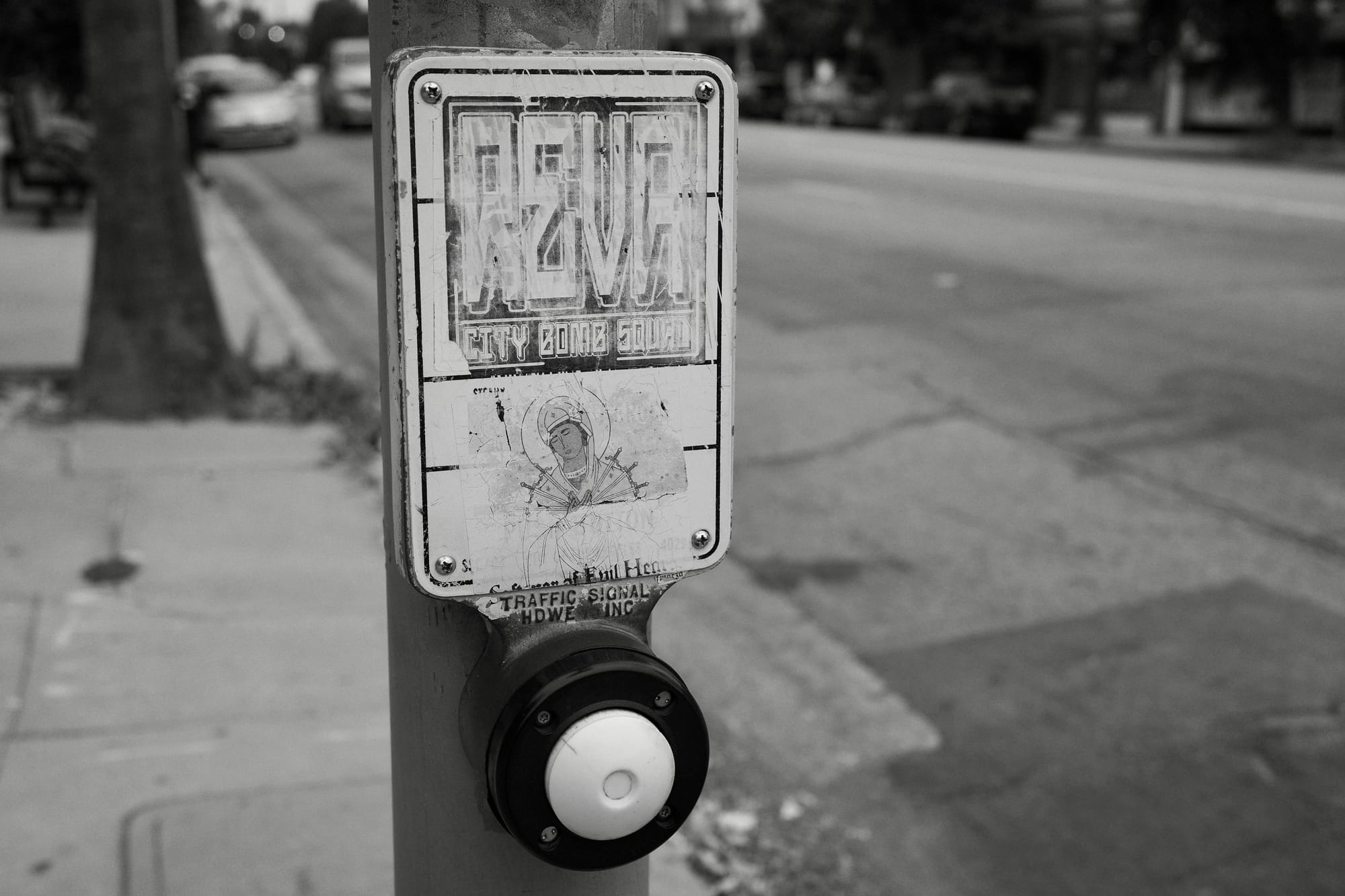

Pics from the morning walk.
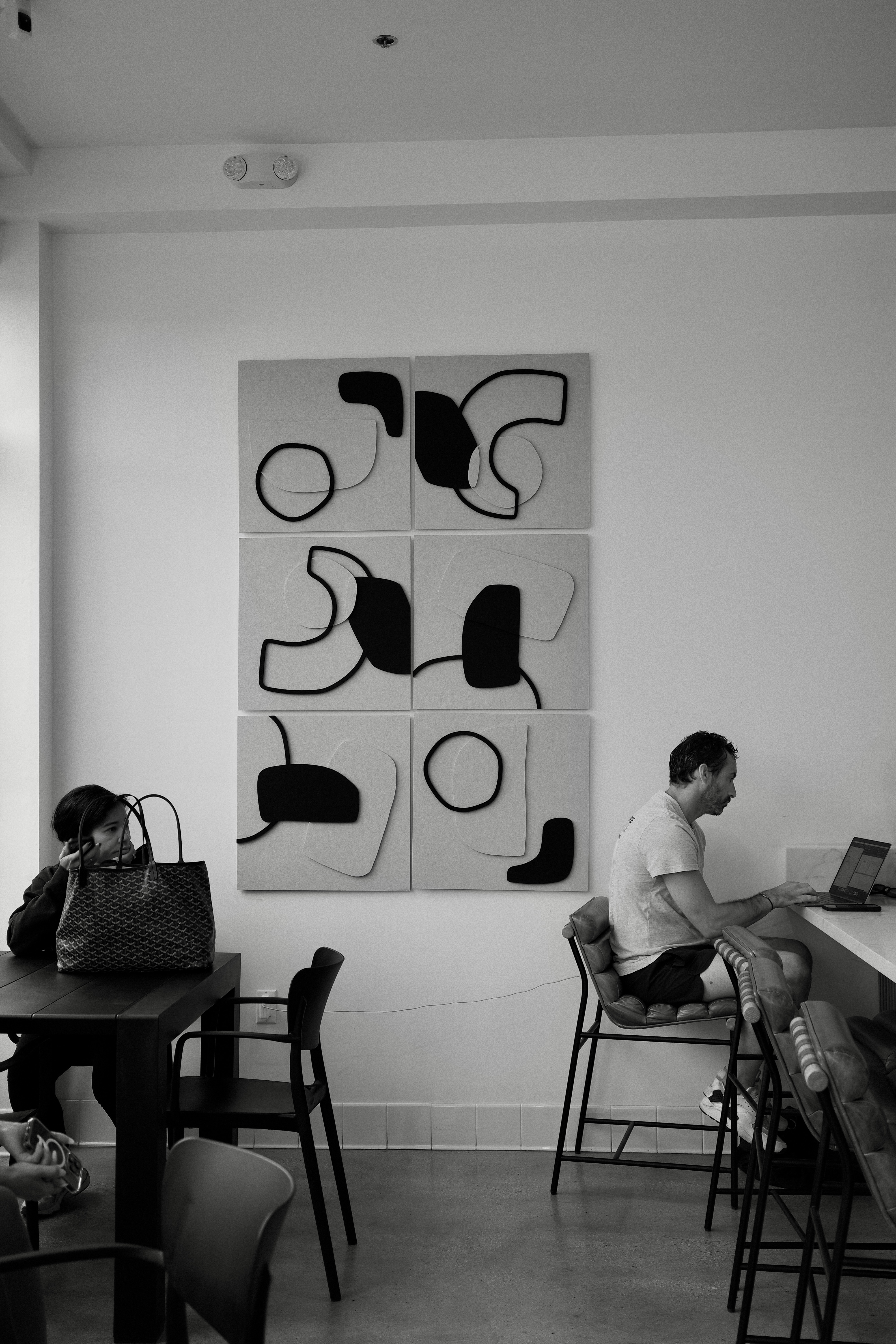
Transcript...
So I was talking to someone the other day about the fear of being compared to other artists, how they're scared to start on a project because they're afraid that it's too similar to this other thing that's out there. This is a real fear,
mainly because. The worst thing that you could possibly hear when you're talking to someone about what you're making is to hear them say, oh, so it's just like this. Nothing will turn a pacifist to murder faster than hearing somebody say that. It's really maddening. 'cause you work very hard on this thing and someone comes along and just says, oh, you just did what this other person did.
And they don't mean it in a malicious way. I mean, sometimes they do. But generally speaking, they're just talking to you about what you made and there's no malice intended really. usually, when I've heard that throughout my life, the response from other creators who are sort of commiserating with me is that comparison is suffering.
Don't compare yourself to other people because it's suffering. And I thought that was a Buddhist thing, but it's not exactly a Buddhist thing, right? So the Buddhist thing is attachments are suffering. and I really didn't understand how that's related to comparison necessarily.
but it wasn't just the Buddhists who talked about it, it was also the, uh, stoics, right? It was Marcus Aurelius and that whole gang. And they talked about how comparison involves judging your situation against others and it leads to unnecessary distress.
Uh, and then you had, um, Leon Festinger. Who created the
social comparison theory,
and then apparently Teddy Roosevelt said, comparison is the thief of joy. But honestly, there are so many quotes attributed to Teddy Roosevelt that he can't have said all of those things. Right. But it's still, the connection wasn't there for me. Like, how do I rebuff these people who are comparing my stuff to other people's stuff by saying that comparison is suffering.
You know, I'm not comparing it. They are. So why is it my suffering? Well, it's not my suffering, I don't think. I think that's the thing.
When someone is comparing your stuff to other people, they have this attachment to something that they know and they're clinging to this thing that they know.
so that they can further navigate the world that they live in. Because for something to be new that would be scary maybe. Or maybe you just don't know how to regard it, so it's better of course, if you just say, oh, it's just one of these things. Which I guess is Freud, right.
To name it is to claim it is to take away its power.
and Hollywood doesn't help with this, right? Because in Hollywood it's always, you know, you're trying to pitch someone as quickly as possible. And so you always say it's this plus this. And they go, oh, this plus this. That's exciting, right? The most legendary one was probably Michael Mann in the eighties who walked into a TV studio and pitched Miami Vice by saying two things.
He just said, MTV, cops. And everyone said, oh, well, well, two things that are popular. We love it.
so for me saying comparison to suffering never really worked because it's like I'm, I'm not comparing it's someone else's. Why do I have to be saddled with the suffering part? And that's because the suffering isn't yours.
It's theirs. The suffering or the attachment, as the Buddhists say, is theirs. They are trying to attach what you're doing to something that already exists. They're trying to attach what you're doing to something that they can recognize and something that they feel comfortable with. And the Buddhist would say, and in doing so, are stressing the identity, right, stressing the self.
This self, which is to the Buddhist, an illusion and does not exist. So through comparison, they clinging to an illusion.
It still sucks to hear though.
The whole thing brings up this dichotomy of like making something, because you want to make something that
people are affected by that is meaningful to people. And so you do, even though you shouldn't think about the reaction of the audience, but in the end you're thinking about this thing. That you can't control at all. You will never be able to control an audience's reaction to something that you make. so the power move is to be one of those artists who truly does not care, right?
You don't care at all about the audience's reaction. You're gonna make your thing, you're gonna put it out there. They can do with it what they will.
But I think there are very few people out there who
would feel comfortable just making something and showing it to no one. You wanna put it on display. You wanna show the world what you've made, which means you also have to think about what their reaction is going to be.
So there's this weird cognitive dissonance. It's like, I want you guys to like it. I want to show it to you also. I don't give a shit what you feel, and it's hard to balance those things, I'm sure the Buddhist would be great at it, right? Because apparently they're great at everything.
But until then, I guess I'll just try and not think about it and try and keep making things.